Breaking Bad
Breaking Bad : TV Show Review (collection of 62 episodes collating up to One Giant Movie)
5 stars out of 5 (Masterpiece)
Created & Produced by Vince Gilligan
Multiple Directors , 2008 to 2013 (5 seasons)
Warning: Spoilers liberally pepper this commentary (relax - it starts later) I find it impossible to discuss the series in depth without revealing its key plot points. If you haven't seen this series at all, or have watched only a part of it, then skip this review and buckle up to watch a monster of a fictional work. I may toss you a few introductory spoiler-proof lines as follows: Walt is a 50 year old high-school chemistry teacher in Albuquerque, New Mexico, U.S.A. A genius who has frittered away in his youth, a chance to become a multi-millionaire, he is further hit by a diagnosis of lung cancer and ultimately decides to "break bad" by personally manufacturing very high-quality methamphetamine. Sinking deeper and deeper into the criminal underworld, attacked by ferocious Mexican cartels, he makes millions of dollars of blood money, while sacrificing family and friends. The unique "empire" he seeks to build, lies at the heart of one of the most imaginative, devastating and thrilling works ever seen on video.
Review starts:
Let's pick up from where we stopped above. Walter needs an assistant to "cook" the meth in his exacting, labour-intensive method that manufactures an end-product of purity above 96% - an illegal product that nevertheless is highly lucrative the world over. 26 year old Jesse is recruited by Walter. They bicker, hit, cry, yell, lament and smash into each other (both figuratively and literally) so many times that the quota of "dramatic conflict" in this serial is entirely satisfied by them alone. So often, I wished that they would behave themselves, check their juvenile irritation, and work like mature adults - but such a detente is dangerous to the stability of this series, hence the scriptwriters merrily allow them to eternally tear at each other. In the exceedingly rare moments when they hug each other or express an orphan moment of affection, that occasion is eminently well-earned - a Monument Valley of warmth amidst the vast barren landscape of their relationship. We think "Could they act as if they were father and son?" but we eventually realize that no father and son should be like this.
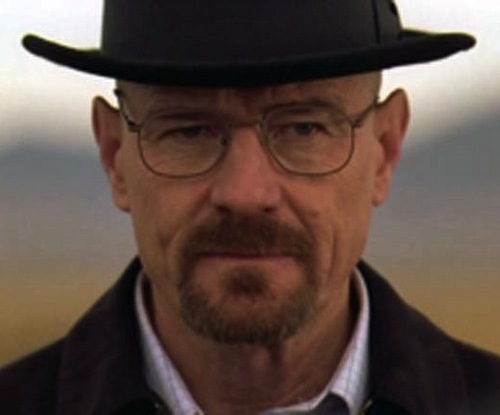
Central Ideas of Breaking Bad:
The series relies, knowingly or otherwise, on the "Godfather" phenomenon popularized and masterminded by Mario Puzo in 1970s. A man commits heinous crimes, lives are sacrificed, but he is the central character to whom we are constantly exposed to - a man of power (we as the audience crave for power) and he has just enough good left in him to make us root for him, nevermind the fact that he deserves to rot in hell. As a "Contemporary Western", it attemtps to further qualify that tag with a "Great Train Robbery" in which the moment of greatest impact comes at the least expected moment (thus showing us how the show constantly aspires for twists)
The reality of family life being torn apart by the larger pull of the big bad world we live in, is also a prime current here. Breaking Bad's two major men don't have the luxury of safe office lives: Walt's brother-in-law Hank is a fearless DEA (Drug Enforcement Agency) agent who risks getting killed every day because of his daring integrity and of course the very nature of his job, while Walt's criminal factory earns him a steady assembly line of psychopaths itching to murder him. Both men sit with their wives in deeply restful, enjoyable and chatty backyard parties but an apocalypse perpetually looms over this group (a part of that firecloud may even sit atop a nearby watercloset)
And then we come to Walt's central driving force... His festering regret over his inability to capitalize on the massive potential of his entrepreneurial enterprise in his youth, is combined with news of his lung cancer, and his meager finances as a high school chemistry teacher, and the birth of an additional responsibility in the form of his infant daughter. With his immense intelligence and ability to become a multi-millionaire, why did he choose to become a high-school chemistry teacher for decades? (with due respect to the latter group) Ans: So that he might create "Breaking Bad". Because of this wasted potential and unrealized fortune, he himself seethingly says " my son's birthright has been denied". So he stuffs morality where the sun don't shine, and proceeds to synthesize elite-quality methamphetamine.Yes there will be many deaths - of the drug users, of the law enforcement officers who get caught in the cross-fire and the innocent bystanders.And so what if a dozen different gangsters are gunning for him, his wife, adolescent son and infant daughter - Walt has already made up his mind to get on a turbo-charged escalator, paved with lucre, to hell.
How I watched this series:
I was relaxing in a rural NZ hospital's staff lounge when I saw that someone had left behind a DVD of Season I. Intrigued at this series I'd never heard of, I played it, got addicted, and started overdosing on it. Inspired by Walt's illegal mission, I watched streaming online versions of the next two seasons before that link got rightfully killed. Close to 2 years then elapsed but the series was always like a close but dangerous friend looming at the back of my mind - a visit to India got me in touch with a kind cousin-brother who "cut" the remaining 3 seasons on neatly labelled DVDs for me to experience and enjoy.
Capsule Analysis of Characters:
Note: This show is so full of fascinating characterizations that I will not be able to cover them all here.
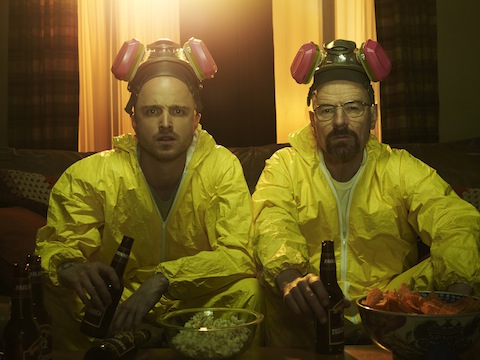
Skylar White - The interestingly named Skylar is Walt's outrageously unfortunate wife. Appearing to be of Germanic extraction, she is blue-eyed, physically attractive and voluptuous, but that has not prevented numerous observers the world over -going by online accounts- from hating her (considering that it is her husband, and not her, who is responsible for many indirectly caused deaths). She has above average intelligence and average emotional quotient - considering the long-term intense stress she is put under by Walt's criminal activites, she could have done worse. Let's review her positives first - after declaring a cold war on Walt when he belatedly reveals his drug business, she very reluctantly goes on to do a decent job of damage control by trying to convert as much of this black money into "white" as possible (of course some might not consider this to be a 'positive'). She displays her fertile cunningness by hoodwinking a man into parting with his car-wash buisness, and gives us good theatre by acting as a ditzy slutty blonde in order to save her crazy ex-boss from the noose of the IRS. But where she falters is in trying to further her strong-arm tactics by unwittingly generating the desptach of two low-voltage goombahs to make her ex-boss sign a paper for his own good. The full impact of that incident proves to be one of the final straws that break her mind. Two discrete incidents show her in a especially poor and weak light - when Walt stubbornly refuses to divulge his apparently clandestine activites, she retaliates by having an affair -that was not an equitable thing to do, inspite of the fact that Walt has blundered majorly. And secondly, late in the series when Jesse is asked to sit down and have a dinner with both of them, her behaviour is lousy, loutish and immature - considering that this is the umpteenth time she has relapsed into one of her ornery moods,she isn't doing her caliber any favours. Obviously Walt's mistakes are far greater than hers, but she does not win any major awards for her handling of his madness -the scriptwriters apparently wanted to show this very reality -that Skylar is largely an ordinary lady beset by extraordinary circumstances. She is somewhat redeemed by the fact that she fights many of the transgressions into her family's safety, that she continues the care of her infant daughter through the thickening imbroglios, and by the fact that she hasn't committed suicide.With all her positives and negatives so impartially portrayed, it stands to reason that Anna Gunn excellently essays a very tricky role.
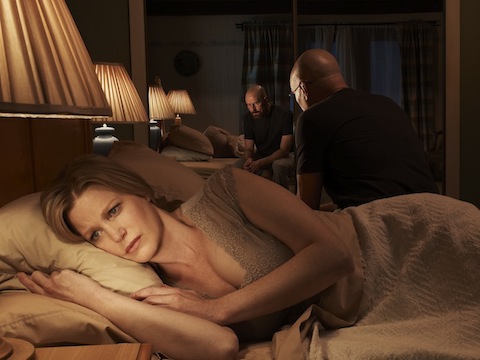
Walter White - is a polite and considerate middle-aged man, with a fuse that is rather short. In a bid to attach a legend to his name, he christens his brand persona as "Heisenberg". There's a ruthless CEO who's been waiting inside him all along, as he lives the life of a man of modest salary and position. He is lean throughout the series, prefers to wear patterned full-sleeve shirts, shaves his head clean for the bulk of the series and wears those humble spectacles which have rims bearing dull-gold polish - it is the picture of a middle-class man whose face gets bruised, bloodied and bandaged so often that he embodies a dark,very rare breed of the fighting "everyman". Walt responds well to efficient, intelligent and no-nonsense individuals but his handling of unstable characters requires more patience and tact than he has. As his drug enterprise kicks off, we see the authoritative force, problem-fixing and business-expanding drive that he audaciously displays. He is all alone and yet he musters up that cold-hot naked gumption to lash back at his enemies. In his spare moments, he is often seen to plot, ruminate and nurse himself with a glass of whiskey. His ingenious means of hitting back at gangsters and escaping from seemingly hopeless situations, using evil chemistry techniques and cunning chess moves, makes for great viewing. But that core of power becomes wobbly when we see him regularly falling prey to bouts of: (and I'll enumerate quite a a few of them here) - sheer stupidity, impulsive behaviour, reluctance to consistently hide his pride, refusal to pull out when the going is good, and paranoid rashness - probably these sporadically erupting mistakes provide a clue as to why he has been unsuccessful for so long in the past. Some his moral choices are shocking and severely tax audience connection with him (as I will repeat later, the writers are not interested in playing safe) Most of his sense of humour comes packaged in biting sarcasm. He is a loving pampering father to his adolescent son, treats Skylar kindly for the most part (a phone-call to her in the ending stages rustles up a fair bit of venom from him, but there is a delicious multitude of political trickey embedded in those words of negative passion, considering that the phone call may be tapped), and far from getting nervous about his responsibility towards his infant daughter, on one day he even decides to assume her long-term care all by himself. The fact that his "business" actions risk getting the entire family killed or prosecuted, is a matter of heavy irony. Tragic, foolish, brave, brilliant and impossibly poignant, Walter White emodies one of the greatest (anti)heroes ever seen on TV. If there is one single line that encapsulates Walter's thinking, it is uttered in the 60th episode. I won't reveal it -you have to earn your way through to that juncture, but rest assured that it will be a magnificent reward.
It is easy to forget how meticulously Aaron Paul has constructed the tortured character of Jesse Pinkman - a 26 year old boy-like hood-wearing man whose life is marred by drug addiction. Mercurial but capable of being a loyal friend, his early detachment from his family makes him seek out family in others he cares for. The fact that he's not disciplined and careful enough, sends him into repeated and vicious fights with his senior meth-cooking partner Walter. In retrospect, I feel Jesse is just as unstable and impulsive as Walt and it's a wonder that he survives for so long (helped somehwat by his ability to be a good gang fighter and keen learner) Often acting immature for his age, he is nevertheless redeemed by his personality's warm shades. After madly alternating between roles of manipulated pawn and angry retaliator, Jesse ultimately stumbles through so much suffering, crying and miracles that he might be eligible to be a demi-saint for young suffering souls.
Hank ASAC Shrader - Beefy, bald and immensely likeable despite his wicked and sometimes mean streak, Dean Norris nails this fantastic persona of a ballsy DEA agent. His classically American brand of smart juicy idiomatic English smoothly spews in a flowing accent. Backed by his loyal and affable but often irritating wife Marie, he is a good friend to Walt and the picture of fond avuncular company and counsel to Walt Junior. Many observers have alleged that Hank becomes more serious in the latter part of the series, thus losing much of his delectable wise-cracking finesse and lighter side.But it may be argued that a particular major incident, mid-way through the series, significantly impacts on his demeanour. For his sharp intelligence and dogged pursuit of cases, he is rewarded with promotions but that comes with life-threatening explosions and a relentless line of animalistic ganglords out to kill him. He spends the second half of the series getting wallopped by physical injury,but his spunk and arresting screen presence continues. Hank's penchant for super dialogues is consummated in full when he mouths his revelatory finisher in the wilds.
Walter White Junior - is a 16 year old pleasant-faced boy afflicted with cerebral plasy .He needs crutches to walk, and his voice is dystonally weak and wavering. He has normal intelligence and emotional quotient ,but Walt and Skylar's upbringing of him regretfully makes him more moody and less strong that he could have been. But by the show's end he displays good mental strength and presence of mind, and though some of his conclusions are clouded over by angry assumptions, he ultimately comes through for his family.Witness the last phonecall we see him on - there is silence and residual tenderness as he first listens, but then the anger erupts. I've often felt that handicapped children in fiction are mostly handled in a patronizing and maudlin way but Walter Junior, as projected by R J Mitte, is an impressive exception.
Gus Fring - A Chilean native who's chanelled past the depraved animals of Mexican cartels and now runs a prosperous chain of fried chicken joints, Mr.Gustavo Fring is a cold-blooded soft-spoken highly intelligent Mafia boss whom you don't want to cross. He is lean, muscular, middle-aged, bespectacled and smartly dressed. His mass manufacture and distribution of illegal drugs brings him into partnership with Walt. Fring maintains a squeaky clean facade as a friend and beneficiary of the Albuquerque DEA, but his troubles start intensifying as he realizes that Walt is far from harmless. Ruthlessly business-minded and hyper-organized, Fring shows us that he is perfectly capable of being a chilling psychopath - he manouevres others and himself dodges death with a sense that is so primal yet so sophisticated that we wonder how Walt will fend him off. Fring's elaborate revenge mission in Mexico is so fascinatingly planned that it made me remember the genius of Sidney Sheldon. Even the last we see of Giancarlo Esposito's formidable turn is packaged in a terrific scene of style and surprise- creator Vince Gilligan ensures that his most enigmatic villain is given a fitting finale.
Bob Odenkirk is in saucy form as he portrays Saul Goodman - a colourful and eminently shady lawyer who is a messiah for low-lifes and illegal conundrums. His office-walls are filled with blown-up print-outs of "We The People" and the space is hemmed in by Grecian white pillars that he heaves to rearrange. His secretary threatens him that she'll hang him by his tie if he ever calls her honey-tits (HT) again! Some commentators have called him the Consigliere for Walter White, but if there were Consigliere like him, soon there would be no mafia! Perhaps I'm unfair to him here - as Walt,Jesse and Skylar's counsel, he does more good for them than harm. Always cheekily articluate and confident with a constant ace up his sleeve, he comes up with so many loopholes to fix the problem, -from helpful suggestions of homicide to contacts with an "Identity Changer" who is reportedly "beyond the level of the Witness Potection Program!" that Saul proves to us why he has been given his own spin-off show "Better Call Saul!"
I know my character portraits may have gone overboard but let me finish this part by saying that associate characters are also beautifully fleshed out - Lydia (Laura Fraser) is a criminal-minded corporate executive ,but even a tortured intensely neurotic wreck like her is made into a complex, unpredictable attractive woman while Mike (Jonathan Bank) is an aging enforcer whose imbrued shades still manage to be imbued with a certain nobility.
Script and Direction:
Show creator Vince Gilligan
A 62 episode show like this helps one to better appreciate why writing sometimes becomes more important than directing. Often I found myself thinking "Wow!, what writing!" rather than admiring the direction. Show Creator and one of the Chief Writers Vince Gilligan may not be great in whipping up enthusiasm with his televised interviews - I daresay he is rather staid and nerdy - but he has created a TV phenomenon that has racked up sky-high scores on MetaCritic, besides having many online commentators all over the globe saying that they haven't watched a better TV serial in their lives.The show's elite group of writers push the envelope so often and so far that it often falls off the table into the flames from where it is miraculously reformulated. The writers have not tried to be "safe" or tried to underestimate the TV evidence -and for their brave faith and vision, they have been amply rewarded. That is not to say that direction in Breaking Bad takes a perpetual back-seat. I have lost count of the several tiny sub-plots - some of them lasting less than 5 minutes- which stand out for their acutely planned writing and brilliant direction. Apart from several other sparkling sequences in each of the 6 different seasons ,the "Ozymandias" episode stands out in my mind for inspired direction by Rian Jonhson -it opens with a static shot of the arid hills - the Badlands - of the American Southwest while an orgy of gunshots in the unseen frames subsides into silence - we know what's been going on and wait with suspense to see what has happened - this is also a superb audio-visual symbol of the Eternal Western. And he follows that up with charged emotional scenes throughout that episode. The directors often change with episodes - Bryan Cranston is given direction of an installment that carries a turning point for his character - and he does a neat job of it. The show's third last episode smacks of sheer greatness, and it's a pity that the ultimate finale did not make a similarly great leap, but by then I was so suffused by the legend of Breaking Bad that I didn't feel like asking for much more.
Music and Cinematography:
Dave Porter's theme for Breaking Bad will generate a frisson amongst the show's admirers whenever they hear it - a sultry blend of sharp strings and rolling percussion that sets the tone for the mordant drama -this theme is expertly converted into a slow suspenseful current current when policemen home in on a bar amidst the snows in New Hampshire. Porter's background score is unobtrusive, and often amps up the mood with outstanding music of various styles. There's good fun as a trio of Mexican musicians sing the "ballad of Heisenberg." Season 4's "End Times" makes terrific use of "We are born when we die" when Walt acts as the Last Man Standing and waits for the enemy cowboys in the spread-out arena of Albuquerque suburbia.Michael Slovis' cinematography works away inconspicuously- for me, the visuals' best achievement lies in the delineation of Albuquerque's cityscape - sun-blasted, sparse and arid. It is an Americanized Mexico -the manicured cement, brick and grass of neat U.S suburbia is fused with block-like adobe structures that have horizontal rods sticking out -and the terrain has stretches of sand and pebble flecked with dessert shrubbery. Prior to Vince Gilligan's masterwork, I'd only heard (as far as American TV was concerned) of Fraser's Dad remarking that a particular lady had an "ass the size of Albuquerque"! (but I don't know which Albq. he was referring to) but now I've seen enough to say that if ever I'm in Albuquerque, I might place a wreath on the graves of Breaking Bad's martyrs.
What if:
This section touches upon a few of the alternative turns the plot might have taken -It particularly has spoilers, but I have warned you about that before. Moreover, this will mean more only to those who have already watched the series.
Walt's confrontation with Hank: Walt could have emphatically told Hank that he repeatedly went out of his way to save Hank from getting killed, that the only reason Hank is still alive is because of Walt's intervention, that he will under Hank's supervision, donate a significant chunk of the money to philanthropy so that at least some of it is put to altruistic use, and that the warning phonecall about approaching assassins in the carpark came from Walt - but these messages do not clearly come through. If properly, relentlessly and passionately convinced, there's a slight chance that the bull-headed Hank might have backed off but then that would have prematurely ended the series!
Walt's final frantic persuausion aimed at his family when he goads them into leaving the house for good: Walt doesn't try too hard to convince them that he has not killed Hank. "What happened to Hank? Did you kill him? he is asked. The simple truthful answer is that he hasn't -but Walt, for the sake of the scriptwriters, doesn't emphatically say this (for all his lying, he could have additionally said that he managed to give Hank the slip, outraced him and now doesn't know where the latter is)
Bryan Cranston's Salary:
In the last season, Cranston was paid $225,000 per episode - so though Walter did not get enough time to enjoy his riches, Cranston hopefully will. Cranston's payment is less than what Hugh Laurie was eventually granted per episode - $300,000 - of House M.D (another top-rated show which I did not entice me as much as BB did) But let's compare this series with another crime-oriented one that has a similarly secretive, hunted protagonist - the thriling "Dexter' has Michael C Hall going on to make a cool $3,50,000 per episode (Hall unfortunately has cancer in real life) but I have to laugh on noting that the far less talented Ashton Kutcher of "Two And a Half Men" collects $7,50,000 per episode.
Closing Remarks:
If a show can engender so many "Ifs", 'Buts' and regrets in viewers, it obviously means that the show has done a stellar job of telling an affecting story. When Hank receives a second tip-off about his life being in danger, the entire family including Walt's is bundled off into Hank's home for protection -Skylar pleads with her husband to come with them to Hank's home but Walter is adamant that he will stay put in their own house .That passionate sentimental banding together of family could have been imagined as a comfy safe ending to this series -apparently such a soft-hearted sell-out and fanstasia is far away from the realistic apocalypse that this epic wallows in -and the actual emotional tone of the last evacuation of the "White Residence" drives home the insane maelstrom that swirls at the heart of Breaking Bad. Complete Carnage -emotional and physical - never felt this exhilarating.
UPN
UPNWORLD welcomes your comments.

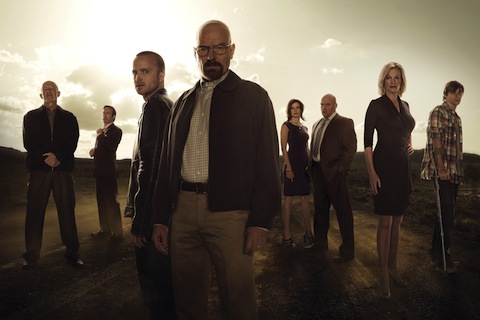
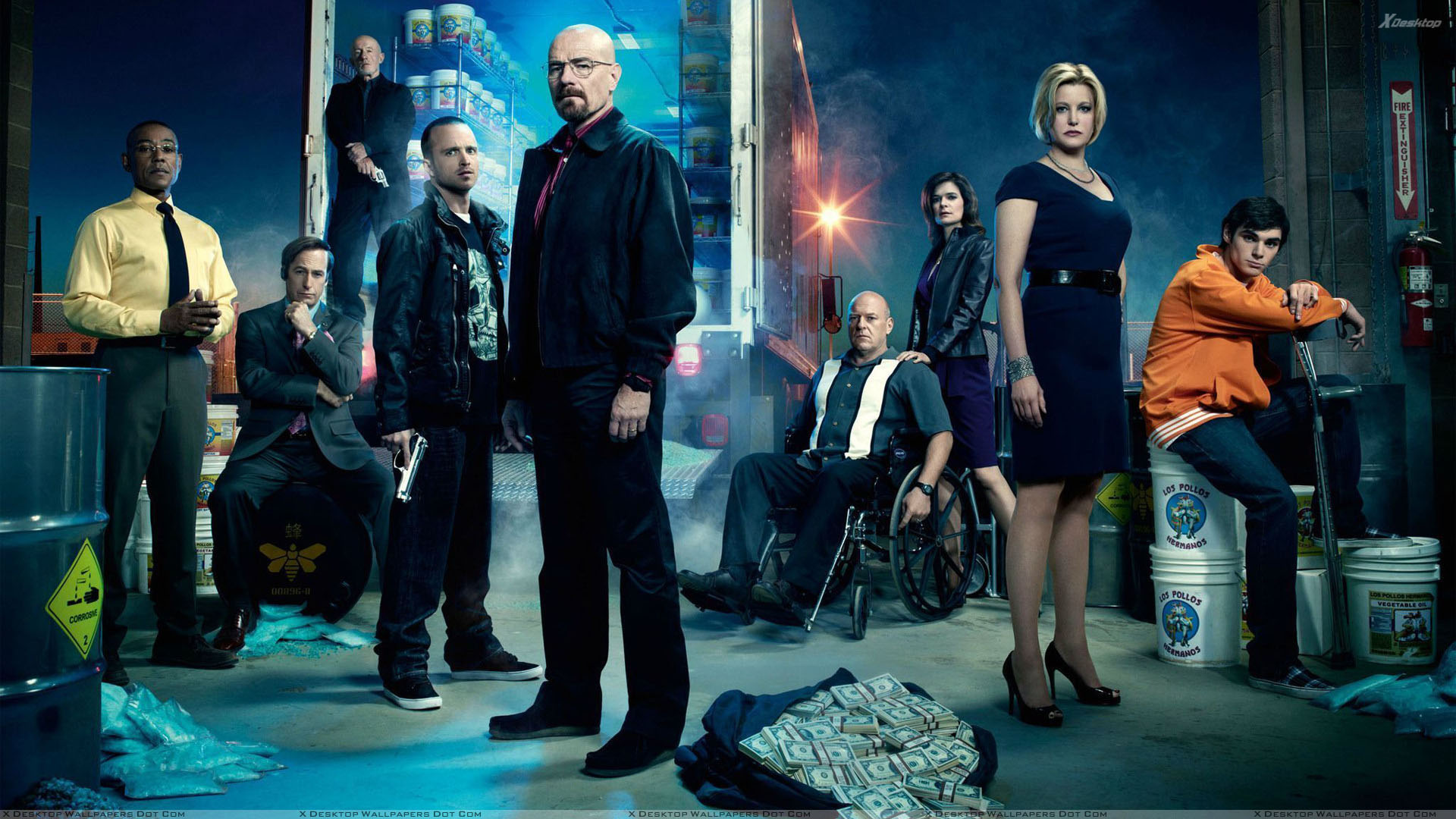
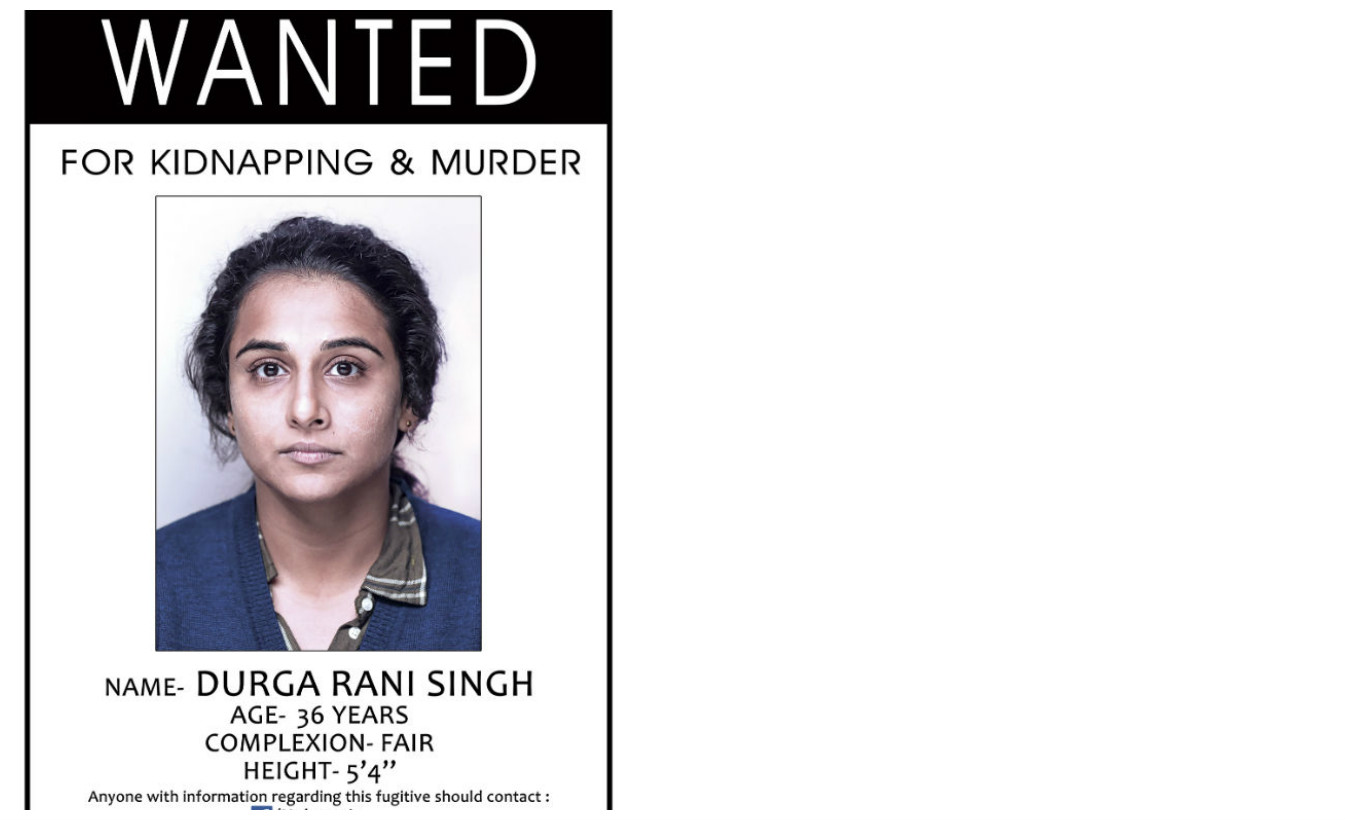
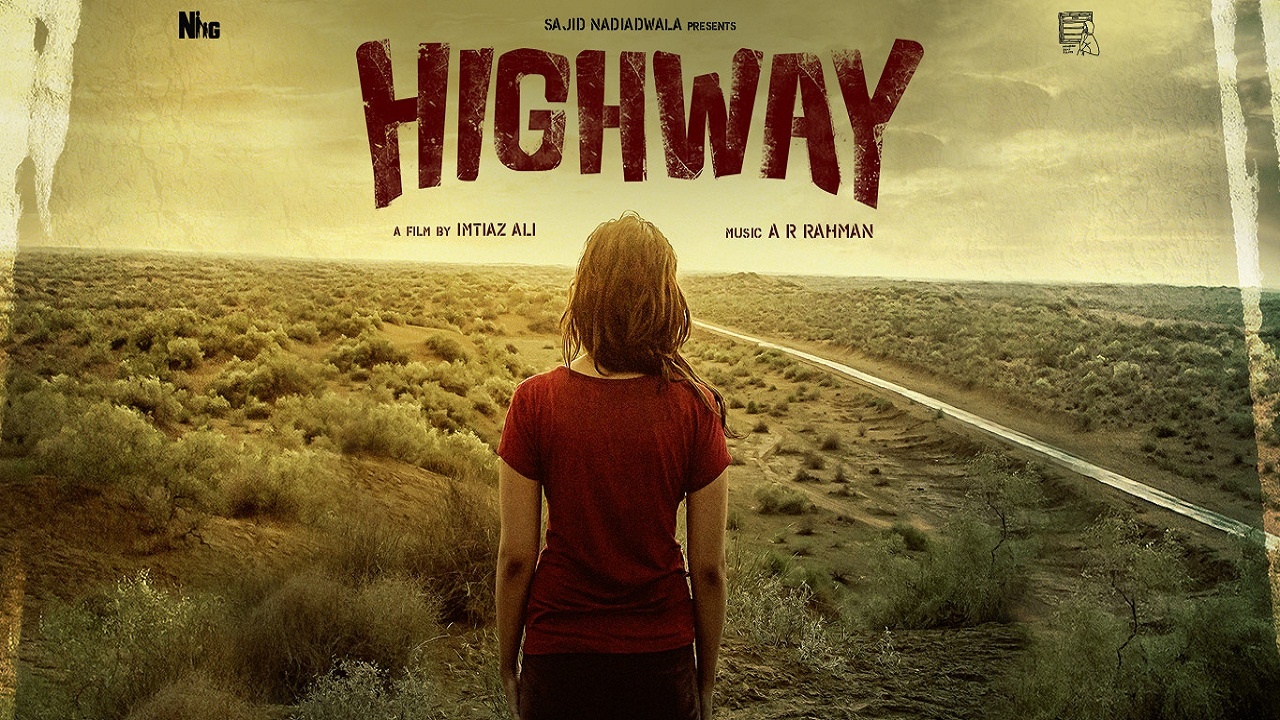
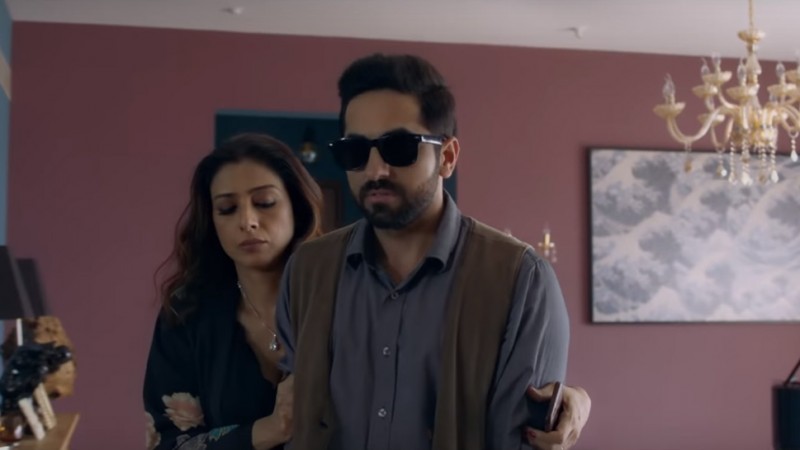
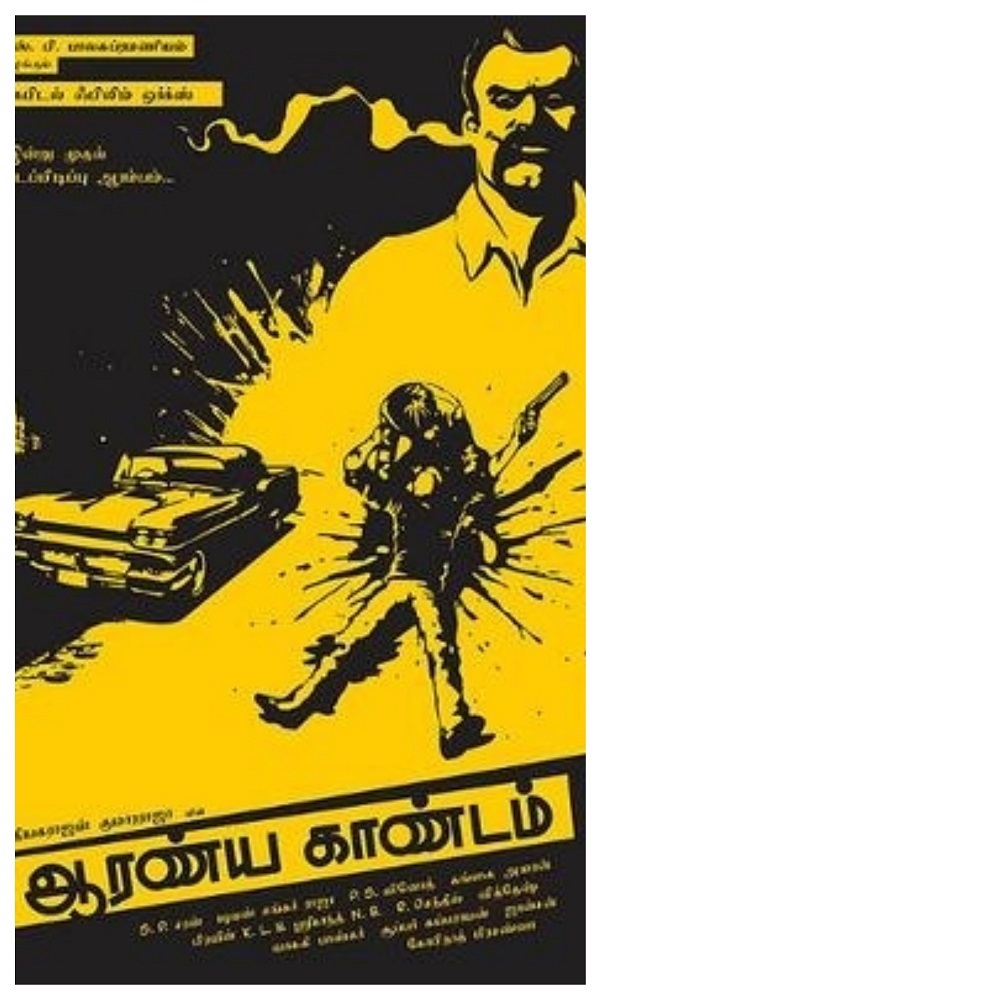




0 COMMENTS
WRITE COMMENT